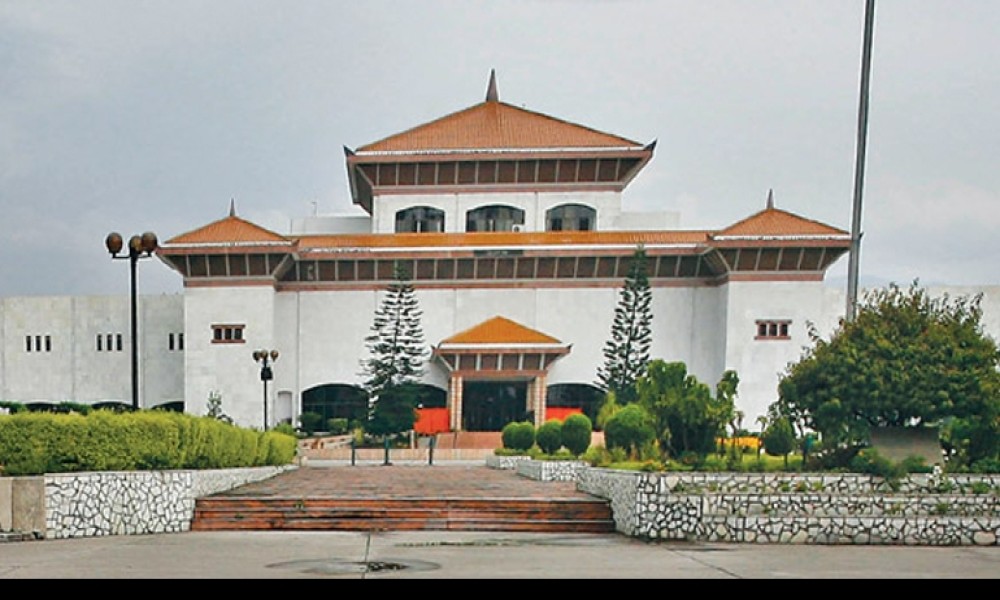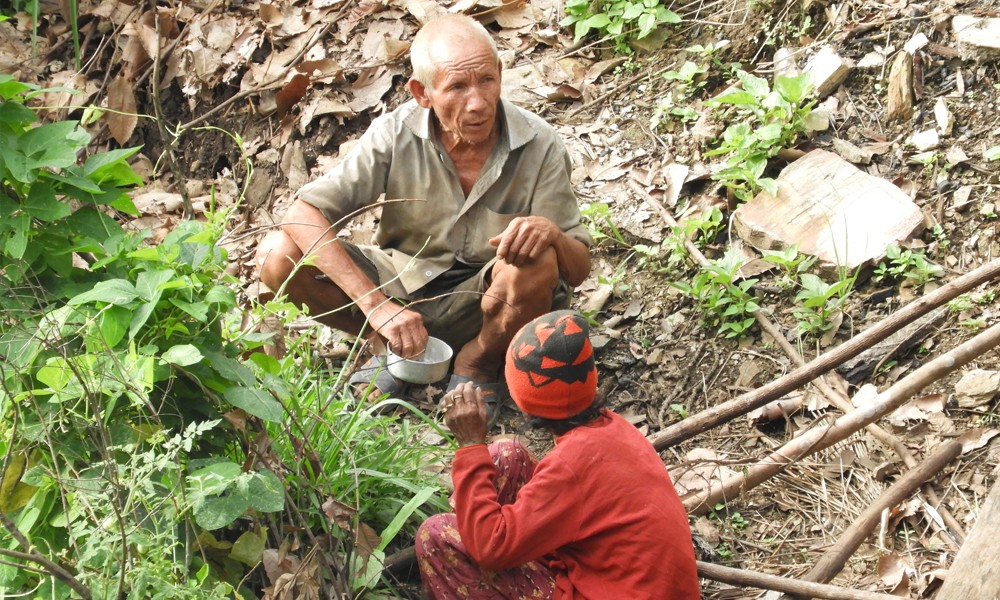On the same date, a year ago, three major political parties—Nepali Congress (NC), CPN-UML and UCPN-Maoist as well as Madhesi Front together had made an agreement that they would bring a new Constitution on January 22. But political parties failed to fulfill the expressed commitment.
NC and CPN-UML blamed UCPN-Maoist led an alliance of 19 political parties for being failure to meet the commitments and vice-versa.
The senior political leaders representing different political parties did not feel same for not meeting commitments rather they enjoyed blaming one another for the reasons behind the failure.
Senior leader of CPN-UML, KP Sharma Oli said that 'UCPN-Maoist leaders are proud , as their regular protest was successful enough for making failure of bringing new constitution.
According to him, the regular protest staged by UCPN-Maoist and Madhesi front backing the issues of minority groups including that of indigenous peoples, Madhesi, Muslims and so forth, was main reasons that they failed to bring new constitution despite numerous efforts made in this regard.
While, Chairperson of UCPN-Maoist, Puspa Kamal Dahal opined that their 19 political party alliance was successful enough to make failure of bringing a regressive constitution.
He also noted that they would be committed enough to bring such constitution which addresses the past agreements made by government in different dates between dalits, indigenous peoples, madhesi, women and Muslim.
Protest against due process
19-political party alliance continued picketing both in the street and in the meeting against the ploy of NC and UML for ending the contagious issues through majority voting. Since they (NC and UML) make the majority, intend to bypass the rights and issues of indigenous peoples, madhesi, muslim and women stating that would bring negative connotation and communal violence in the country.
Similarly, NC and UML propose to make merely 6 provinces based on the capability, which according was against the will of majority of population.
Even the high level state restricting commission formed by first CA had recommended to make a minimum 11 federal provinces including one non-territorial federalism for Dalits, while the restructuring Committee had suggested to make a minimum 14 provinces and 23 different autonomous and protected areas. Finally, the first CA was dissolved because of differences among the political parties in the number as well as the names recommended by both commission and committee.
Besides, the issues of state restructuring, the electoral system, executive power sharing and judicial system were and still are other disputing issues. The second CA convened for last one year centered merely on the 5-disputing issues, but yet to forge the consensus.
The 19-political party alliance has been arguing that despite there are alternatives to forge the consensus in not merely in the number and names of the federal provinces but also in other disputing issues, ruling political parties—NC and CPN-UML never became wide and open, rather tried to bring constitution going against the will of majority of population.









